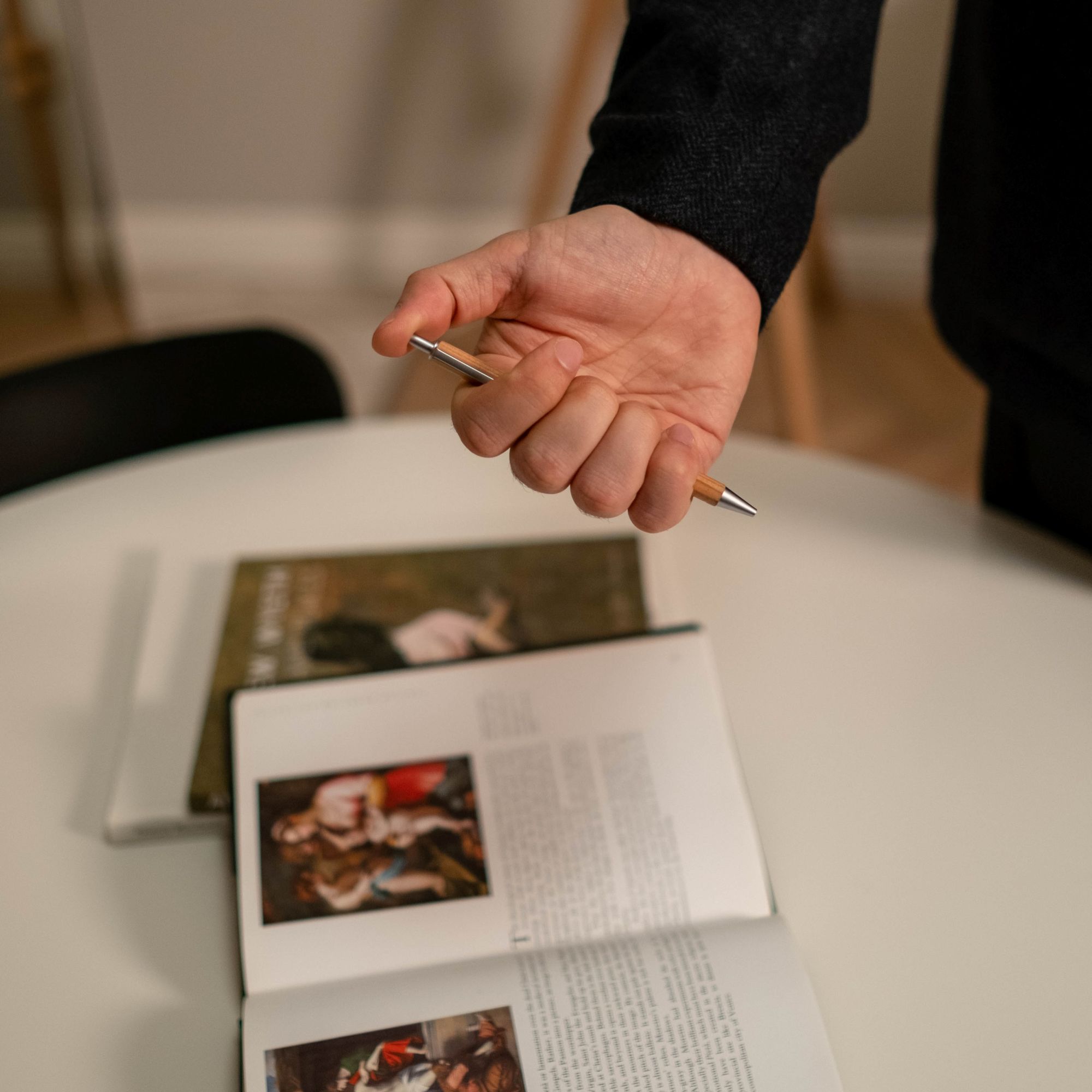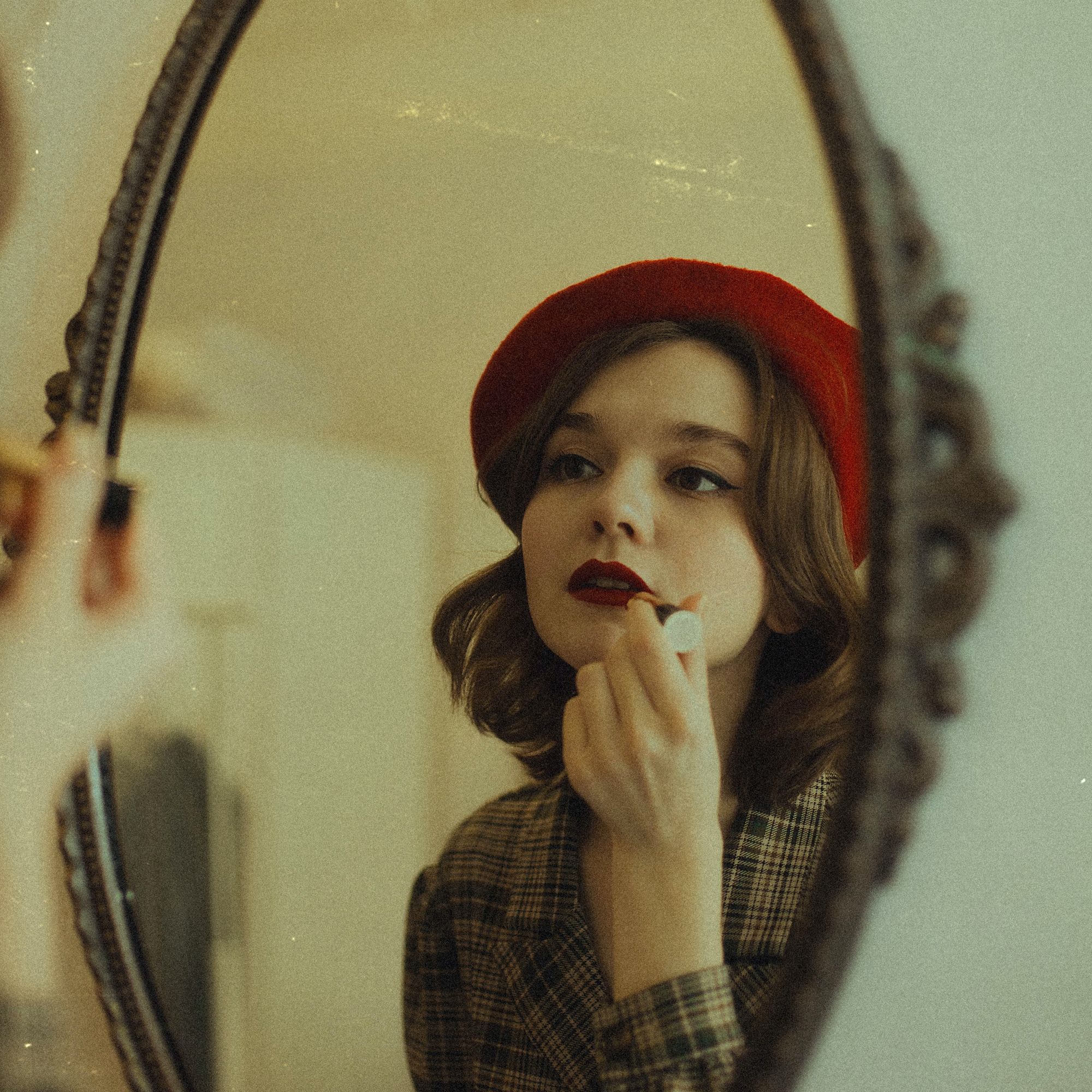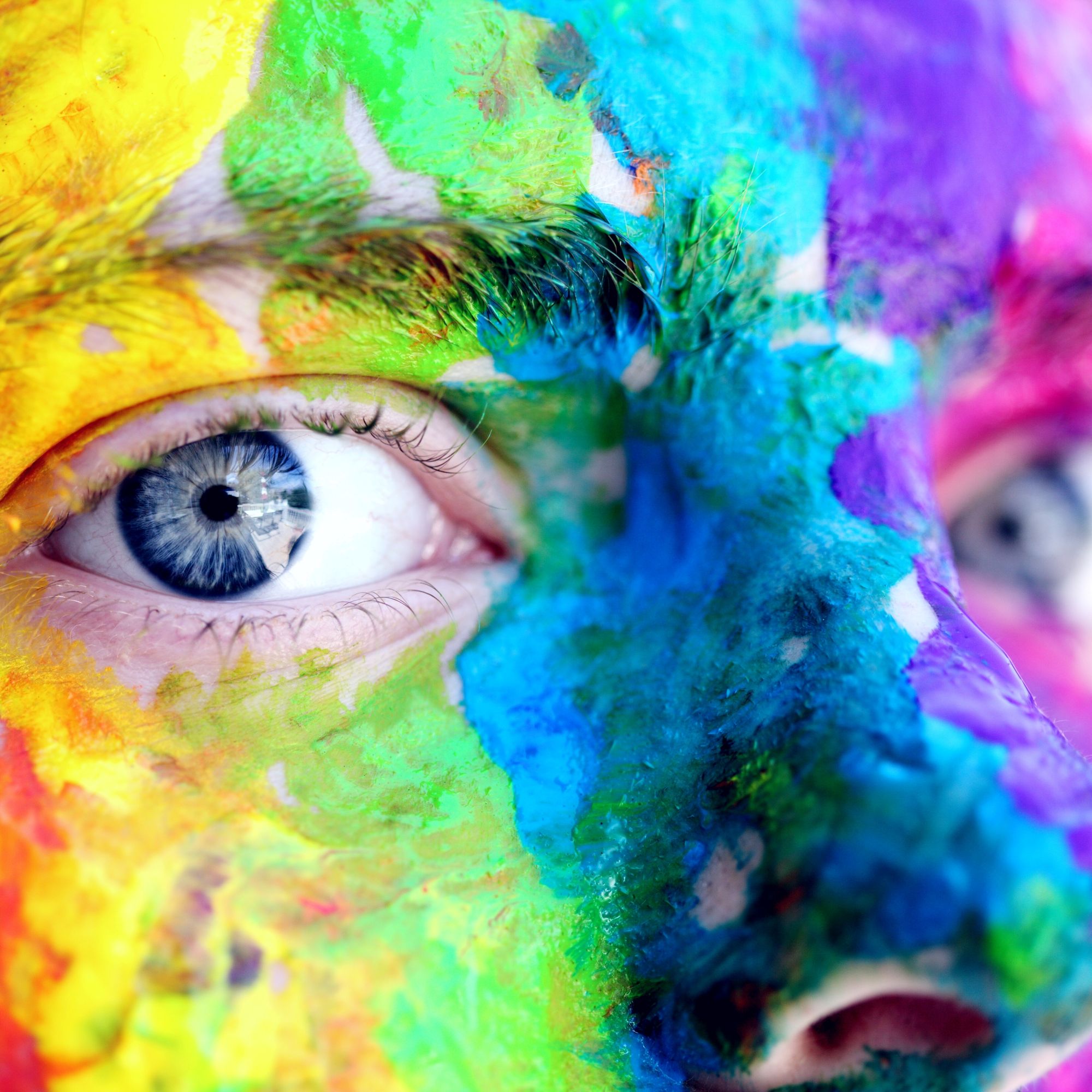Understanding Film Theory: A Rundown of the 7 Different Theories
Hire film gear from local filmmakers.

Hire film gear from local filmmakers.
Have you been wondering how people study film? The answer is that they utilize film theory.
In this article, you'll learn everything you need to know about film theory and the most popular film theories.
If you're interested in understanding films better, you're in luck! We have written an article on the basics of filmmaking.
What is film theory?
Film theory is the name of the different academic approaches in the film and cinema field. It covers the concepts, theories, and frameworks used to understand movies and their relation to people, society, and culture.
Film theory is used to break down movies through different conceptual frameworks.
You can see it as a lens you put on to analyze a film. Much like you do in other academic sciences such as communication theory, these lenses help you understand a piece of work through a specific context.
Types of film theories
- Aesthetics & Films
- Amateur Cinema
- Animation Cinema
- Anthology Films
- Art Films
- Asian Epic Cinema
- Aspect Ratio
- Auteur Theory
- Avant-Garde
- Black Cinema
- Blaxploitation
- Body Horror
- British New Wave
- Censorship
- Cognitive Theory
- Counter Cinema
- Cult Films
- Dogma
- Ethnographic Films
- Experimental Cinema
- Feminist Film Theory
- Film Genres
- French New Wave
- German Expressionism
- Humanist Approach
- Italian Neo-Realism
- Marxist Theory on Films
- Mise En Scene
- New Wave
- Post Colonial Theory
- Post-Structuralism
- Postmodernism in Films
- Psychological Film Theory
- Pure Cinema
- Rhetoric Theory
- Screen Theory
- Soviet Montage Theory
- Subjective Cinema
- Surrealist Cinema
- Suspense Film
- Voyeurism

A brief history of film theory
Film theory goes back to the birth of film in the 1890s. Here French philosopher Henri Bergson predicted that film theory would become a thing. And boy was he right.
Early film theory was developed during the silent film era. But it wasn't until the 1960s and 70s that film theory ingrained itself in academics. Here several theorists started looking at movies, with help from other academic fields.
Theorists looked at the film through new lenses by applying concepts from psychoanalysis, literary theory, linguistics, anthropology, and semiotics.
The universities soon started to pay attention to film theory, and it soon became a legitimate school globally during the 80s and 90s, and here we are today!
The elements of film theory
While film theorists may not agree on everything, they can, mostly, agree on one thing. Or rather three things.
And those are the three elements of film theory.
1. Realism
Realism concerns films that focus on showing reality as it is. It is the attempt to provide a more or less unfiltered view of the world through a camera.
Some of the things you typically see in this film style are Non-paid or non-professional actors, no visual FX, handheld cameras, minimal use of editing, and a "use what's on-location attitude" in terms of lighting and props.
You see this typically in documentaries, but also feature films. The best example is the Dogme 95 movement created by Thomas Vinterberg and Lars von Trier. They made feature films that were influenced by the aspect of realism.
Most films in the realism style look as rough and lifelike as possible. It helps the audience understand the intentions of the filmmaker.
2. Formalism
Formalism is essentially the exact opposite of realism. You can see it more as the surrealistic or abstract art of film styles.
Some of the things that categorize formalism are Professional actors, plenty of light and sound effects, heavy editing and manipulation with speed, and lots of visual effects. The filmmaker essentially uses every tool necessary to showcase that this is not reality.
But that is not to say that it can not relate to reality, people or culture. Just because animated tv-shows like BoJack Horseman or Rick and Morty aren't realistic, they can still contain philosophical questions or life lessons.
3. Classical
Classical film style can be categorized as being in-between formalism and realism. Films in the classical style focus mainly on storytelling, using any tools necessary to advance this.
Some things that categorize classical film are professional actors, minimal visual effects, lighting, and sound creating mood, shot at either a studio or on location.
It's the goal of the classical filmmaker to make a story and make characters that you care about. They will use different film elements to do this, but they will not emphasize their cinematography, visual effects, or anything in that regard. Their focus is on their storytelling and relaying it to the audience.

7 types of film theory
As listed earlier, there are plenty of different film theories.
We have picked 7 popular film theories, so you have a starting point for your journey into film theory.
1. Feminist
In Feminist theory, you study films based on women, their societal roles, and experiences portrayed and represented.
One of the things that spawned the feminist theory to be used on film is the majority of men in the filmmaking industry.
Due to the film industry being a historically male-dominated field, it often creates a misrepresentation of women in film. They are reduced to side characters in stereotypical roles, hurting their social standing in society.
This theory became popular in the 1960s and 1970s, and it is still a famous school of thought. One of the most popular things to spawn out of this is the famous Bechdel Test. It is a test a film has to pass.
It asks the question: Do two women talk to each other about something that's not a man?
2. Marxist
Marxist theory is based on the learnings by Karl Marx and his criticism of capitalism. It is a school of thought that has been used in many different areas of scientific research, and of course, it also fits in film theory.
The main idea behind the Marxist theory is that the research looks at a movie with a structuralist approach. By doing so, the researcher can uncover power relations.
3. Psychoanalytic
In the psychoanalytic theory, you focus mainly on the psychological aspects of movies and their characters. It is based on Sigmund Freud's work in the 19th century.
This one allows you to apply the lens of a psychoanalyst and investigate the motives and actions of the characters.

4. Queer
The Queer film theory shares a lot with the feminist theory. Queer film theorists argue that the film world is predominantly straight, and most films are shot from a straight perspective.
With the LGBTQ+ community becoming more and more welcome in society, it is only natural to look at their representation in film. It could even help increase their social standing.
In Queer theory, you mainly look at the representation and portrayal of Queer people and stories.
5. Auteur
The Auteur theory revolves around the directors themselves and argues that their style makes films unique and creative.
Before the theory, the actors were known as the people in the center. The Auteur theory argues that a director should believe in their ability to make a great piece of art, using their methods.
Notable people who are considered auteurs are Alfred Hitchcock, Wes Anderson, Quentin Tarantino, Cristopher Nolan, and David Lynch.
6. Apparatus
The Apparatus theory gained popularity in the 70s, and it borrows from the Marxist and Psychoanalytical schools of thought.
The Apparatus theory believes that everything portrayed in a movie has meaning. That's because it's an observer-based theory that focuses on what the viewer takes in and how they make sense of the film.
7. Genre studies
Genre studies is a broad film theory, as it focuses on all the different film genres. In what can feel like an endless list, film genres can differ widely or little from each other.
The genre studies theorists analyze the different themes and tropes in the various genres. They can use this knowledge to spot patterns in society and diverse genres.
Up Next: Learn more about filmmaking
It is the end of the article, and I hope you're leaving with a newfound interest in film theories.
If you want to try out your knowledge in practice, you can read our article on the basics of filmmaking. Here you'll learn everything you need to know about making films yourself!
What is film theory?
Film theory is the name of the different academic approaches to studying film.
What is genre theory in film?
Genre theory studies the tropes and themes in film genres.
What is meant by film theory?
Film theory is the academic science of studying film.






















